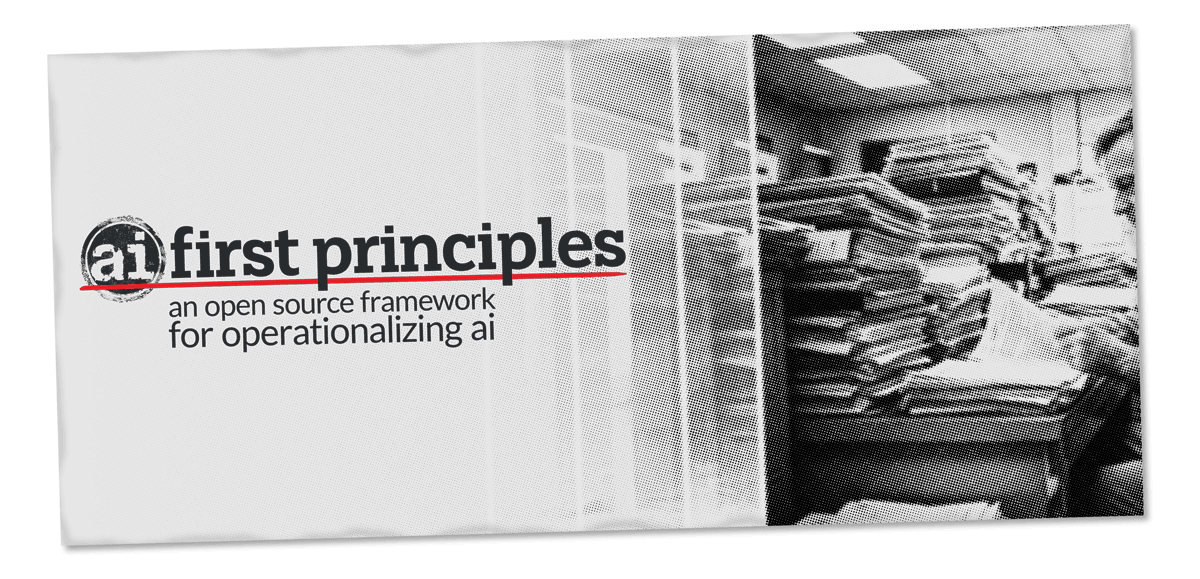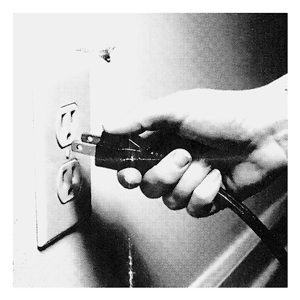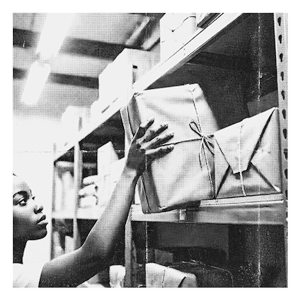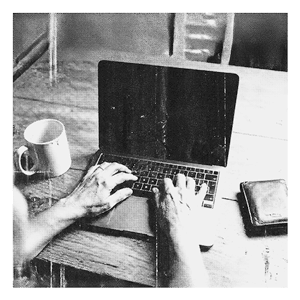


AI isn't coming for jobs, it's coming for the bureaucracy that makes work miserable.
But bolting AI onto broken processes just scales the mess faster. Eliminating organizational dysfunction demands rethinking both how you design technology and how you rebuild the operations around it.
The 12 AI First Principles guide teams charged with operationalizing AI. They emerged from decades of building for users, understanding what breaks and why, and codifying what holds under pressure.

AI inherits
MESSINESS
AI learns from people. Therefore AI systems, like people, are inconsistent and operate more effectively with structure. Trying to engineer them to operate like deterministic code will result in system failures. Variation is inevitable, not accidental.
Define what's prohibited over what's required.

AI fails
SILENTLY
AI accumulates errors across thousands of interactions before patterns become visible. Traditional systems failed loudly with clear signals; AI fails quietly on repeat.
Build feedback loops over post-mortems.

PEOPLE own
OBJECTIVES
AI shouldn't be used in place of human discernment, judgment, or taste. When AI makes mistakes or causes harm, a person should be held accountable, not the algorithm.
Name the owner.

DECEPTION
destroys TRUST
When AI pretends to be human, people cannot calibrate their expectations, recognize its limitations, and protect themselves from its failures.
Make AI obvious, not hidden.

INDIVIDUALS FIRST
AI industrializes manipulation by personalizing it at scale. Mass persuasion becomes individual manipulation. Build tools that people control, not tools that control people.
Prioritize individual agency above efficiency, profit, or convenience.

BUILD from
USER EXPERIENCE
Without input from end users, AI solutions won't solve real problems. People wrestling with system failures are the ones qualified to design system futures.
Design systems from lived experience, not distant observation.

DISCOVERY before
DISRUPTION
Changing systems that aren't understood creates unpredictable failures. Redundancies prevent edge cases and manual steps catch exceptions. Existing inefficiencies are containers of knowledge.
Identify purpose before simplifying.

AMIBIGUITY is
WISDOM
Concealing ambiguity removes opportunities for critical judgment. Not all decisions are binary yes/no. Wisdom lives in gray areas. AI produces probabilities that demand judgment, not facts that replace it.
Surface the probabilities.

REVEAL the
INVISIBLE
There's a wealth of ignorance hiding in document theater. Expose what you don't yet understand by learning how to articulate it.
Pursue what is hard to explain.

ITERATE towards
WHAT WORKS
Grand plans commit to solutions without validating problems. Iteration tests assumptions and measures impact, revealing what works gradually over time. Inherited practices carry outdated logic that meetings can't expose.
Learn by doing, not planning.

DECOMPOSE
INCREMENTALLY
Legacy systems carry too much technical debt to replace and are too brittle to automate. AI systems should allow isolated components to decompose naturally.
Dismantle legacy complexity piece-by-piece.

justify RESOURCE
CONSUMPTION
AI makes it trivially easy to waste resources. What costs pennies to create can cost millions to run. The friction that once prompted resource consideration has vanished. The resources remain real: energy, water, compute, time.
Optimize the ratio of value per resource spent.
Get Involved
chat live, embed the prompt, grab the treatise, contribute ideas, or sponsor the mission.
Practice
Chat with the Companion to solve real AI tasks live.
Embed
Inject the full Practitioner Prompt into your stack.
Download
The rationale behind the AI First Principles
Contribute
Guide the next AI First Principles build.
Sponsor
Be a sponsor and fuel the AI First Principles mission.
Sponsor AI First Principles on Patreon
The term AI First Principles™ is a trademark and is protected under common law trademark rights.
Copyright (c) 2025 AI First Principles (aifirstprinciples.org)
AI First Principles is Licensed for public use with attribution.



















